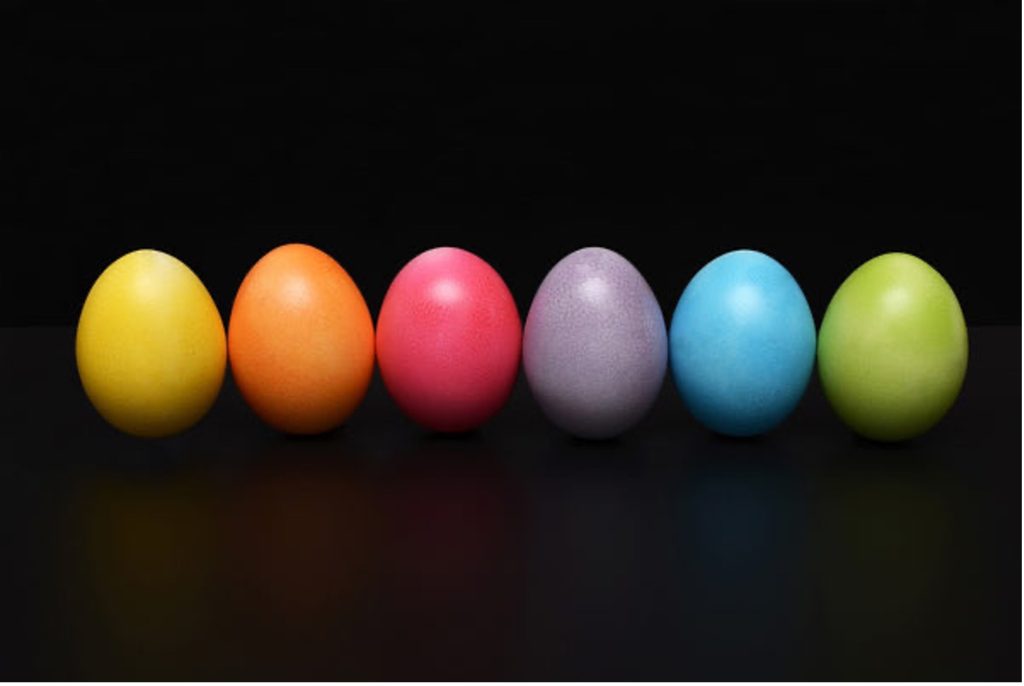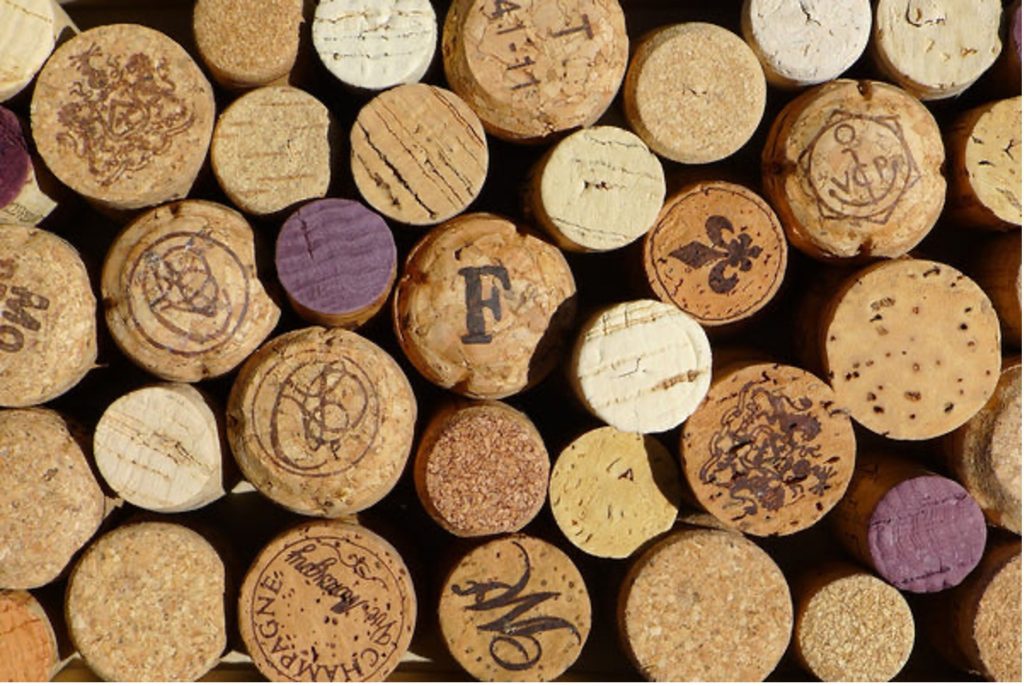Use wine corks for a gorgeous garden? Always plant under a full moon? Play in the dirt? Which of the common (and not so common) gardening truisms that you’ve heard are fact, and which are just for fun?
Today we investigate 10 gardening tips and tell you which to include – and which to are best left in the Old Wives’ Tales category. Enjoy!
Place a coffee filter in the bottom of each of your plant pots.
The Verdict: FACT. Place an organic coffee filter into the bottom of your plant pot. Add soil, organic fertilizer and Then the seedling. Later it will be a breeze to lift out when it comes time to transplant into the ground (or to a larger pot).
Tip: Choose a coffee filter with a flat bottom so it sits firmly in the bottom of the pot.
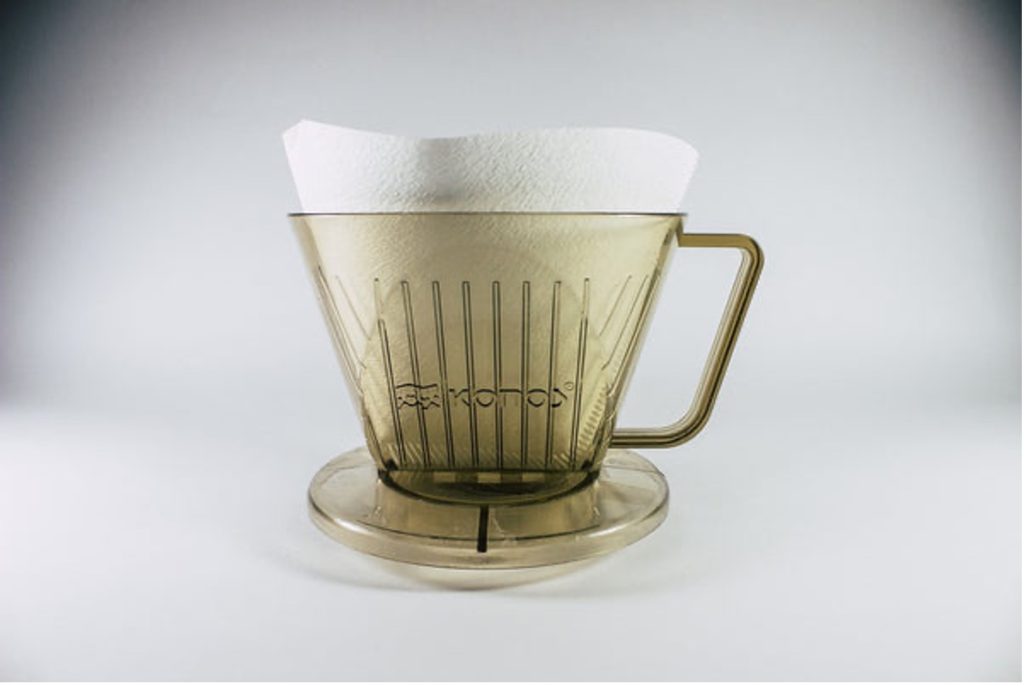
Use wine corks to space your seed plantings.
The Verdict: FACT. This is so easy to do, yet it’s genius. Take a wine cork and push it into the ground where you want your first plant to go (i.e. where you will be planting its seed). The hole will be uniform and clearly visible so you can evenly space the next planting. Continue until you have your row perfectly spaced with indentations ready for the seeds.
Tip: Don’t just stop at a straight line. Create spiral or other fanciful planting shapes. The effect when the plants come up (and especially when they start blooming) will wow your neighbors.
Bury banana peels close to to rose bushes for beautiful blooms.
The Verdict: FICTION. Roses do extremely well when they’re given an appropriate boost of potassium, something bananas contain a lot of. However, the decomposition process means nitrogen will be leeched from the soil.
Tip: Instead of placing banana peels whole into the ground near your rose bushes, create your own compost that includes breaking down potassium-rich items such as hardwood ash, potato peels and spinach.
Water the ground around your gardenias occasionally with cola/soda pop.
The Verdict: FACT. Believe it or not, a little soda pop will make soil acidic enough to encourage beautiful gardenia blooms.
Tip: The key here is those two words, a little. Dilute the cola in water (about a 1:5 ratio). Don’t soak the earth around your gardenias. Just give the area a light sprinkle. Repeat only once more during the bloom cycle; don’t overuse this little trick.

Young trees should always be staked to prevent snapping.
The Verdict: FICTION. You only need to stake in areas where there are heavy winds or with tree varieties that are more delicate growers. Otherwise, a little swaying is actually good for baby trees.
Tip: If you do stake saplings, keep them close enough to the stake so they aren’t jarring against the ties in heavy winds, but not so close that they’re tightly around the developing trunk. The trunk needs room to grow.
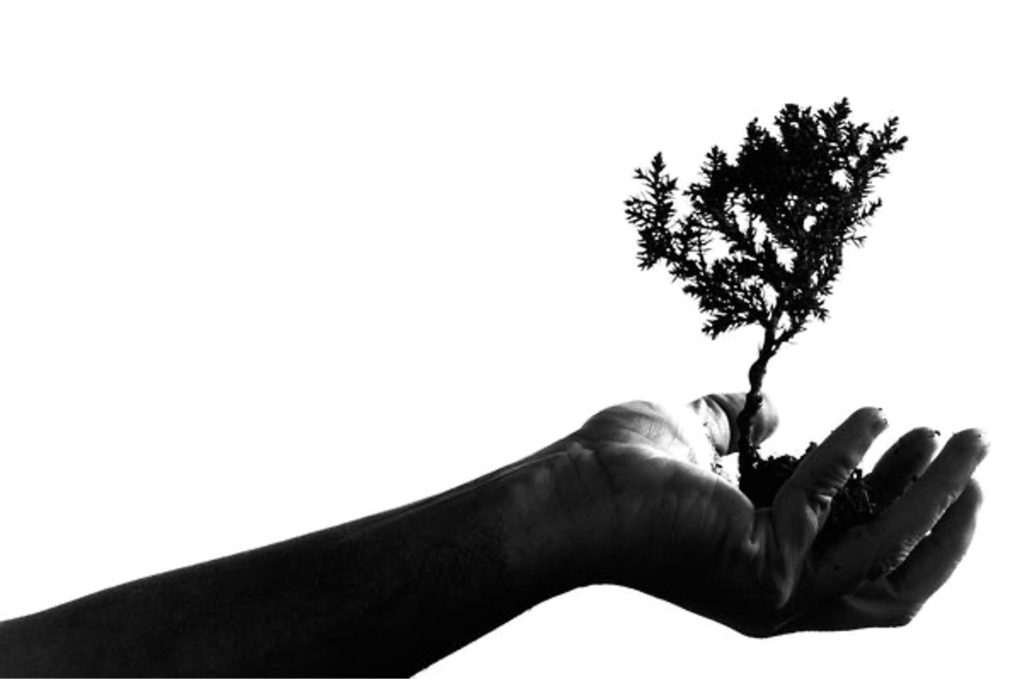
Sprinkle coffee grounds around shrubs to improve the soil’s pH.
The Verdict: FICTION. Like the banana peel myth above, the coffee grounds truism is based on fact – but only partially. And the part that isn’t true can really harm your plants. Because they’re acidic, coffee grounds will slowly change the pH of the soil around your shrubs, but the process of decomposition releases natural constituents that inhibit nitrogen (and growth).
Tip: Add coffee grounds to your compost bin. By the time the compost is ready, the decomposition process has taken place, and only the acidity boost remains.
Plant by moonlight.
The Verdict: A LITTLE OF EACH. You don’t technically need full-on moonlight in order to plant for this ages-old trick. But planting at night can make some varieties stronger and is a huge help in very warm areas where full sunlight may burn young plants. What part is total fiction? That you need a full moon, or moonlight specifically, at the time of planting in order for them to grow successfully.
Tip: Do your research on the variety you’re planting to discover when the best time of year AND best time of day is for planting.
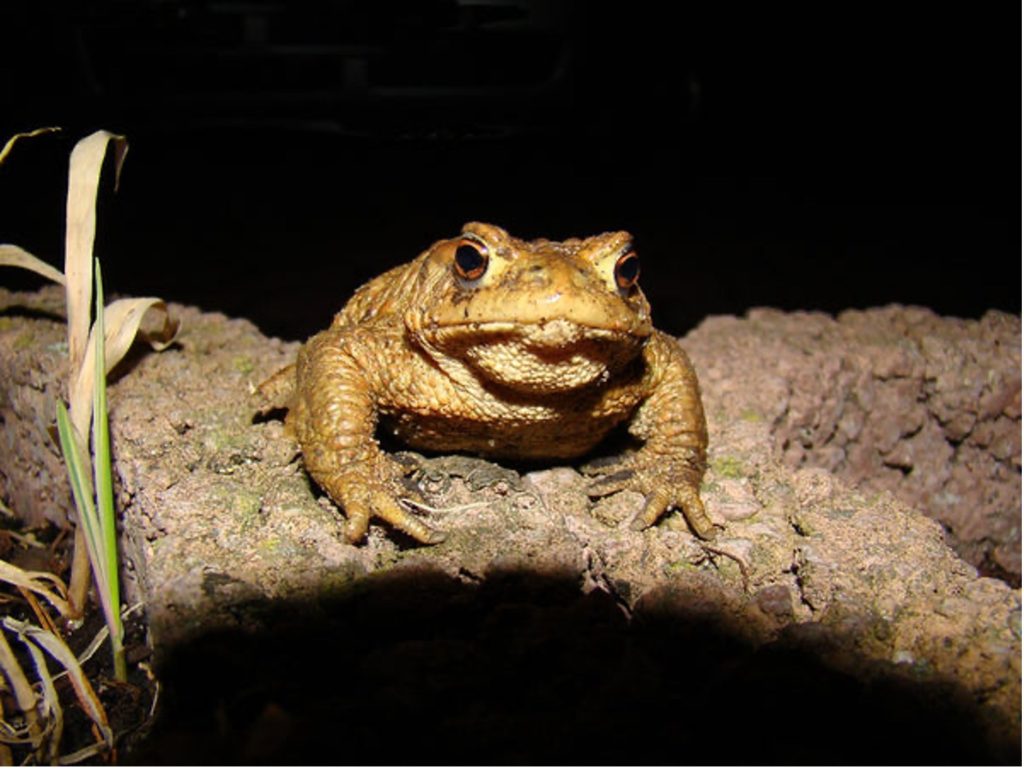
Place pennies around your garden or orchard to keep pests away.
The Verdict: FACT … until 1982. Slugs truly dislike copper, and while today’s pennies look like copper, the value of copper today is far more than 1 penny, and has been for decades. Today’s pennies contain about 97.5% zinc, and only has a thin copper coating … might still be a bit useful, but not much. Pennies prior to 1982 were the real deal, at 95% copper.
According to the tale, and partly confirmed with tests, copper has an electrical charge that will zap and shock a slug if they try to cross it. It just annoys them though, and they will crawl elsewhere.
Tip: There are better ways to repel (or destroy) slugs. The one I use is the beer trap. Basically, in an area with problem slugs, bury a cup to the rim and fill it half way with beer. Leave it about a half inch above the soil so beneficial insects don’t accidentally fall in. Slugs will be attracted to the smell and climb over, then into the cup and drown. Replace every few days.
You can also buy actual copper foil tape and lay it in strips around your plants to repel slugs.

Wear gloves while gardening so you don’t get harmful soil microbes on your hands.
The Verdict: FICTION. Modern science has proven that it’s actually good to play in the dirt. In fact, a 2004 study found that microbes in the dirt can provide you with better health and may even ward off depression.
Tip: While dirt microbes can be good for you, don’t just go digging in your garden gloveless. You may get cut on pebbles, thorns or anything else lurking in the soil. Or you may encounter an angry biting/stinging something that doesn’t want you in her territory. Wear gloves, but don’t be overly fussy about not getting dirt on yourself.
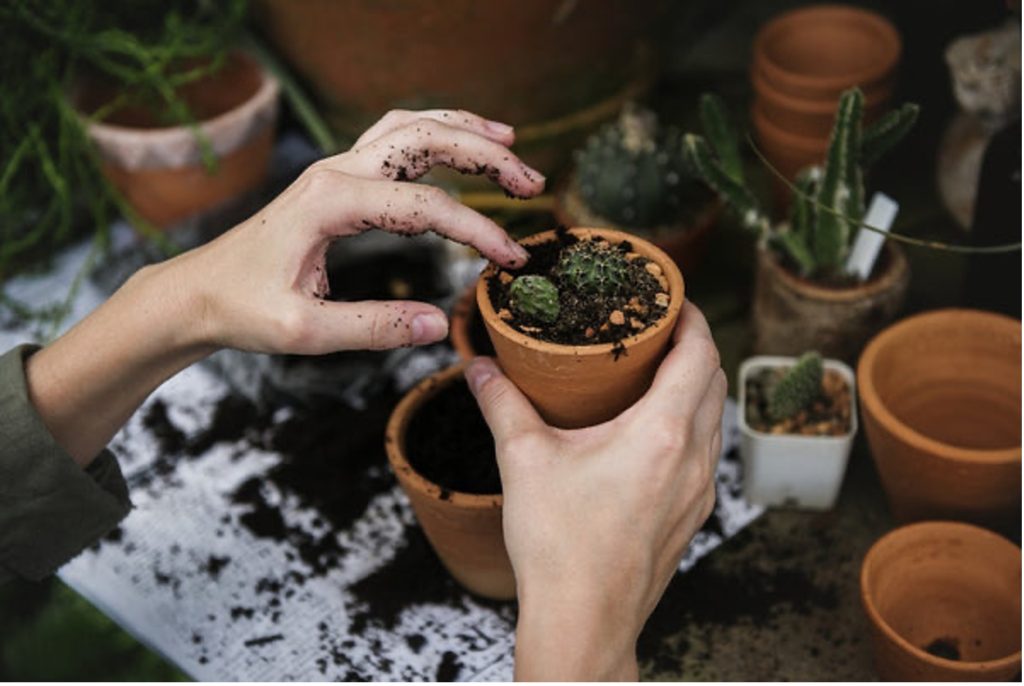
Use the water you boil eggs in to add a boost to your garden.
The Verdict: FACT. A small amount of calcium leeches into the water when you boil eggs. If your garden needs a boost of calcium, save the water when you boil these beauties. Let the water cool completely, and then use immediately to water your garden.
Tip: Use an iron pot to get a little of this mineral into your garden as well.
